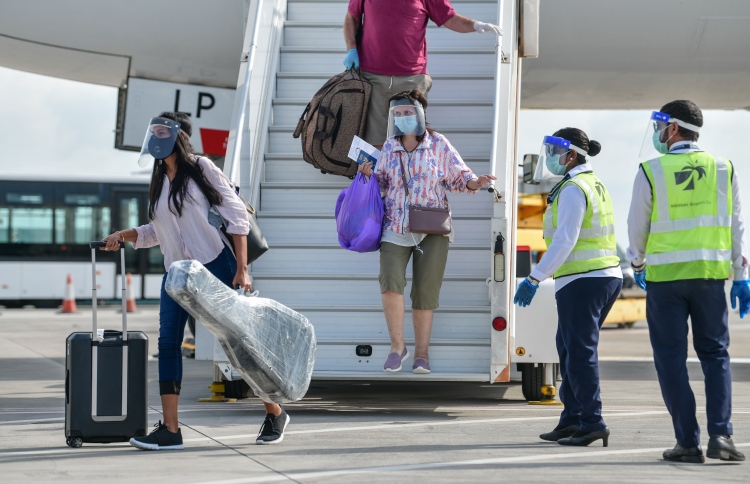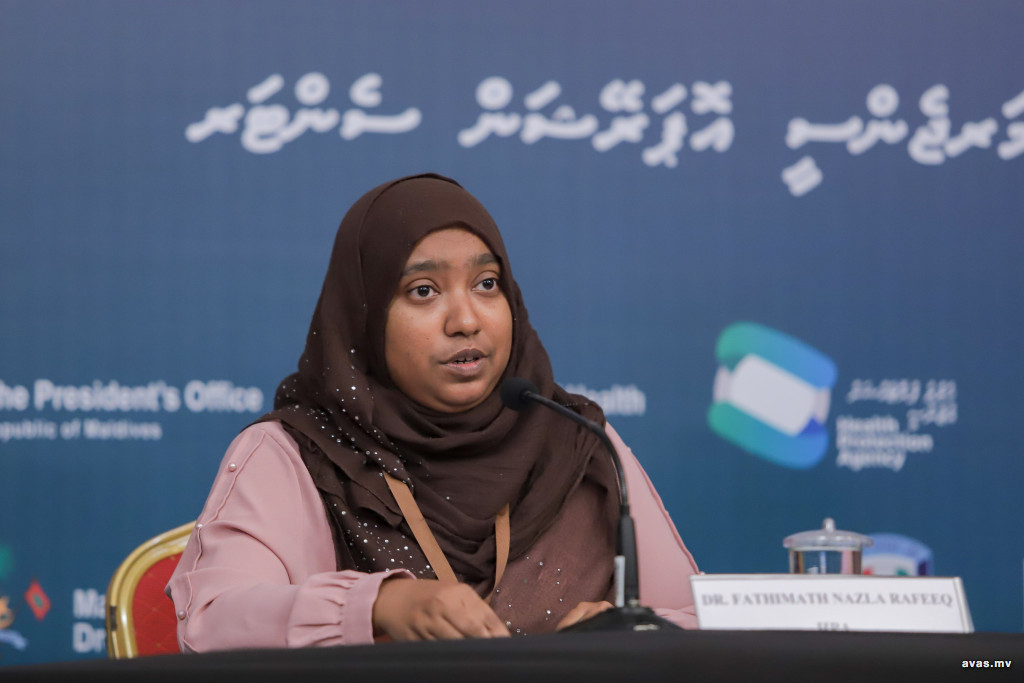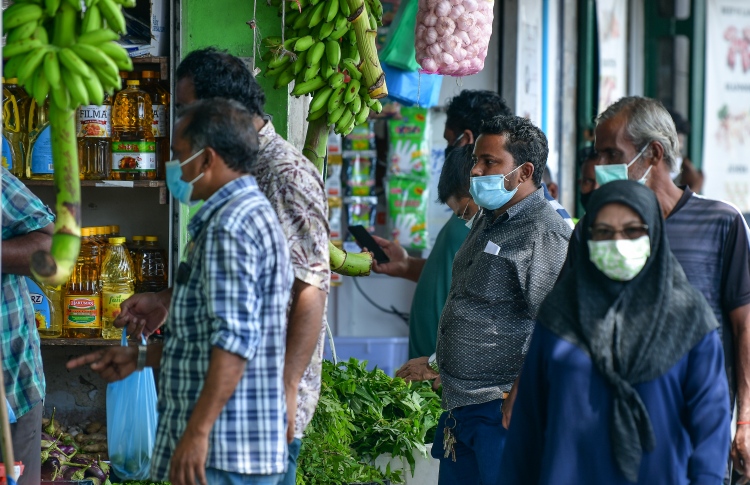After enforcing the standard 14-day quarantine period agreed upon by health officials worldwide including World Health Organisation (WHO) for months, the Health Protection Agency (HPA) has reduced the quarantine period for intracountry travel after constant pressure by numerous members of the public.
Close contacts of Covid-19 patients, tourists, all international travelers, and those traveling from Male’ to atolls, as well as from resorts and islands with operational guesthouses all had to go through 14 days of mandatory quarantine as per initial HPA guidelines.
However, on the 2nd of December, HPA released a statement saying that with the exception of close contacts of Covid-19 patients, and tourists arriving from abroad would be required to undergo 10 days of quarantine rather than the standard 14 day period.

The statement clarified that this only applies to travel related quarantines and not mandatory quarantines enforced due to testing positive for the Covid-19, coming into contact with a positive individual, who’s release would require a negative test result after 14 days of home or facility quarantine. It also does not apply to tourists who are not required to undergo any quarantine at all.
It was also noted that this would be implemented from 4th December onwards and that anyone in quarantine prior to this date would be required to complete the fourteen day period.
Further, the statement instructed that individuals traveling from Male’ to atolls for necessary purposes such as projects and provision of services will now be able to travel after presenting a negative Covid-19 test which has been administered not prior to 72 hours before travel.
This decision was a welcome surprise by most Maldivians, as health officials have been very adamant in there decision to not decrease quarantine duration, even after numerous requests by the public.
Just a week before this statement, on the 26th of November, Spokesperson of the Health Emergency Operation Centre (HEOC) Dr. Nazla Rafeeq said that the 14 day quarantine period after travel from areas active Covid-19 cases cannot be reduced, as the basis for this period is not the extent of disease spread , but rather the incubation period agreed on by scientists researching the virus, which is 14 days.

A likely explanation for the change in heart less than a week later is that the HPA is following the footsteps of American health agency The Centers for Disease Control and Prevention (CDC), who shortened the recommended quarantine period to 10 days on the 2nd of December after considering new research – which Dr. Nazla noted would be needed to bring any change to quarantine periods in Maldives.
The CDC offers two alternatives to a person who has been exposed to Covid-19, rather than the standard 14 days. With the first being ending quarantine after 10 days if no symptoms are reported. The second option is to end quarantine after seven days if an individual tests negative and also reports no symptoms.
Dr. Henry Walke, the CDC’s Covid-19 incident manager said in a call with reporters that the CDC based its decisions on study data and modeling by the agency, he further stated that 14 days of quarantine remains the optimal period of time, but seven to 10 days is a good alternative.

Speaking on the matter Dr. Walke said the decision was good for public health and good for the economy, and also good for people’s mental health. “The rationale for announcing the shortened quarantine options was based at least partly in garnering more compliance among the public” Walke said.
Following the 14 day quarantine rule has been a huge issue globally, with covid clusters caused by quarantine violations having previously occurred in the Maldives.
CDC’s decision was based on a systematic review and meta-analysis of viral load dynamics, duration of viral shedding, and infectiousness carried out from 2003 to June 2020, which included 79 SARS-CoV-2 studies, that was published in scientific journal ‘The Lancet Microbe’ in November. This study found that infectiousness and virus shedding lasts only about 10 days after symptoms begin.
Study authors wrote that Patients with SARS-CoV-2 infection are likely to be most infectious in the first week of catching the disease.
Dr. John Brooks, the CDC’s chief medical officer for the Covid-19 response, has said that the shorter periods still do come with a small risk that a person may be infected when he or she leaves quarantine. For the 10-day quarantine, the risk of being infected is about 1 percent, and for the seven-day quarantine with a negative test, the risk is about 5 percent.
In conclusion, following through with 14 days of quarantine is still the safest course of action to not put people around you at risk. But the 10 day period perhaps may increase overall compliance and public satisfaction while keeping infection rates to a minimum. And with vaccines ready to be shipped as early as next month, we may finally be reaching the end of all of this.





